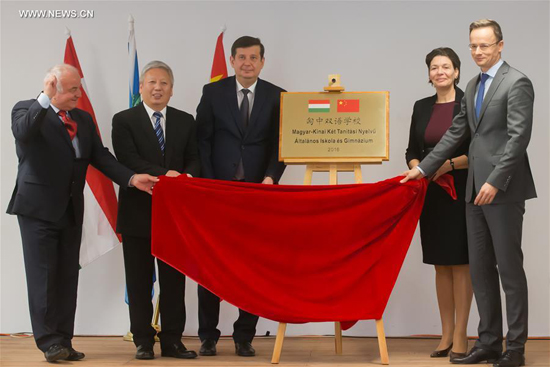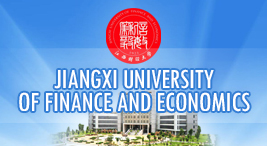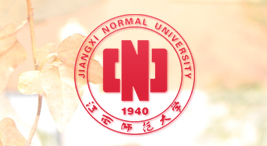Hungary, China cooperate to expand bilingual school
 |
|
Hungarian Minister of Foreign Affairs and Trade Peter Szijjarto(1st R), China's Ambassador to Hungary Duan Jielong (2nd L) and other guests unveil the new plate of the Hungarian-Chinese Bilingual Primary and Secondary School in Budapest, Hungary on Nov. 10, 2016. Hungarian and Chinese officials gathered at the Hungarian-Chinese Bilingual Primary and Secondary School here on Thursday to launch a bilingual secondary school enabling education up to Chinese K-12 level. (Xinhua/Attila Volgyi) |
BUDAPEST, Nov 10 (Xinhua) -- Hungarian and Chinese officials gathered at the Hungarian-Chinese Bilingual Primary and Secondary School here on Thursday to launch a bilingual secondary school enabling education up to Chinese K-12 level.
Scholarships being offered by the Chinese embassy were also announced at the event.
Hungarian Minister of Foreign Affairs and Trade Peter Szijjarto said Hungary aimed to build more strategic cooperation with China.
Hungarians are especially interested in China, including Chinese culture and the language, which is why the government has been boosting ties with China in education and culture, he added.
Under an agreement signed between the two governments in October, China will supply grammar books and other textbooks to the school, send guest lecturers and receive Hungarian teachers for placements in China, and will organize Chinese camps for students.
At the same time, students at Budapest's Eotvos Lorand University attending masters' courses in teaching Chinese and students at Beijing Foreign Studies University studying Hungarian will both be able to teach in this school for their work placements, Szijjarto said.
China's Ambassador to Hungary Duan Jielong said the school symbolized Chinese-Hungarian friendship. The Chinese government and the Chinese Embassy in Hungary will continue to support the bilingual school, he added.
The Chinese embassy and the school also signed a scholarship accord based on Hungary's "Opening to the East" policy and China's Belt and Road Initiative, offering up to eight scholarships of 200,000 forints (710 U.S. dollars) each to outstanding students every year.
In 2004, the governments of China and Hungary built the bilingual school together, a full-time school that teaches Chinese and local languages in Central and Eastern Europe. Currently, the school has nine grades and more than 390 students, with more than two thirds of them being local and nearly one third Chinese.


















